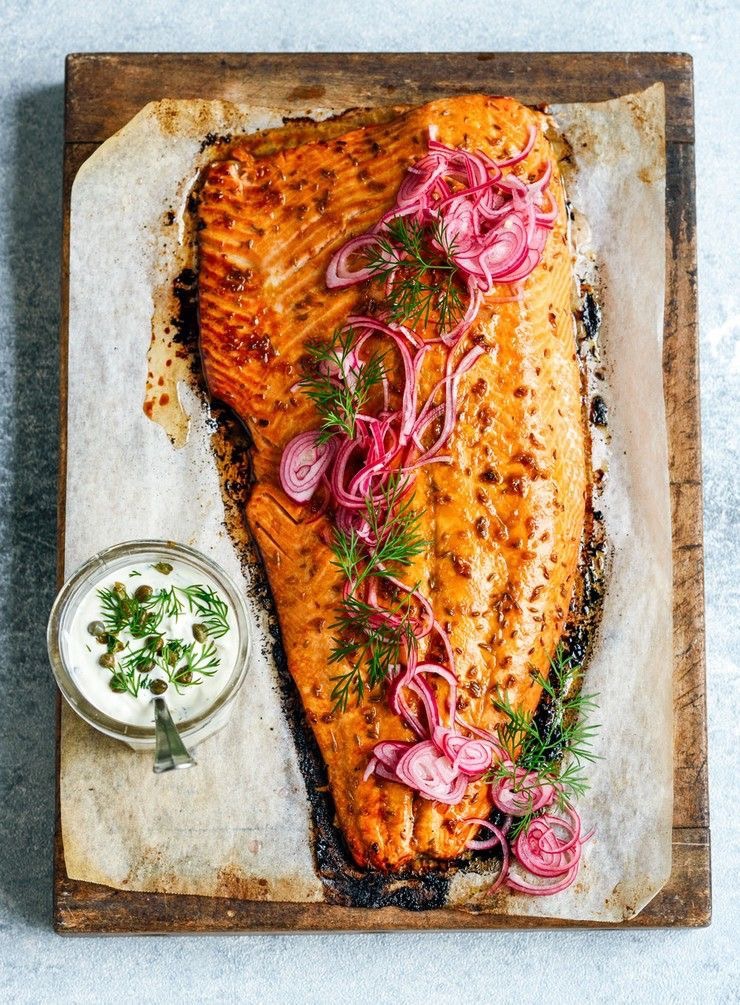Dairy... All bad??
Read more
You’ve probably heard multiple people in the health industry talk about the importance of taking a fish oil supplement. There are also many that say don’t bother and just get a couple portions of oily fish into your diet each week.
Here are the facts in a nutshell:
One would take a fish oil supplement to increase the amount of the essential fatty acids (EFA’s), EPA & DHA in their diet. These two constituents have been said to be beneficial for the body in a number of different ways. Including joint health, brain function, fighting inflammation and raising HDL cholesterol amongst other things.
The average person needs 250mg and 500mg of EPA/DHA per day to stay “healthy”. This amount is most definitely higher for an active person, athlete, or somebody that is placing large amounts of stress (physical/mental) on their body regularly. Thats roughly 1.7g and 3.5g EPA/DHA respectively per week.
Salmon is the gold standard food for these nutrients with a 100g fillet landing us around 500mg and 1.5g EPA/DHA respectively. There are of course other sources of these EFA’s, other oily fish like mackerel and anchovies are great sources, and plant sources like ground chia and flax seed, algae and walnuts are also great. However, its still very unclear how much EPA and DHA we can obtain from these plant sources.
So getting back on track... Do we need to supplement?? Well the answer is yes and no! If your sedentary and lead a relatively stress free life, then you could get by with around 250-300g oily fish per week boosted with some plant sources as mentioned above. If your working closer to full capacity on a daily basis then you will certainly need more.
If the latter sounds like you, then you could well benefit from supplementation, especially if you don’t or find it hard to add in more to your meals.
When looking for a good quality supplement use the following as a general guide: